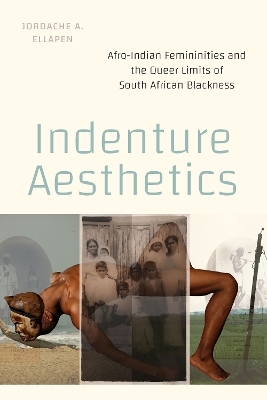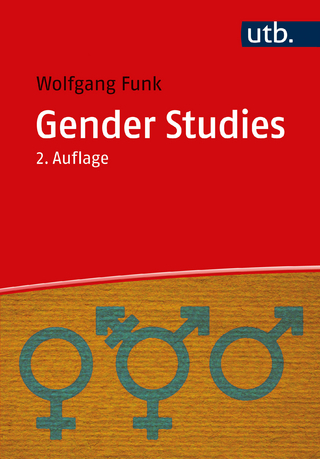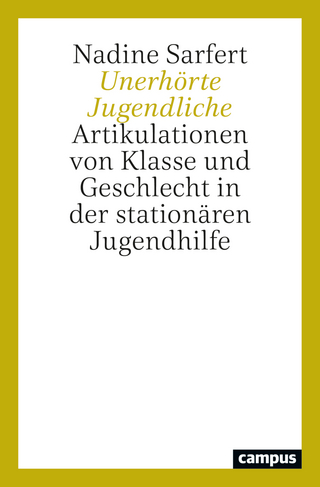
Indenture Aesthetics
Afro-Indian Femininities and the Queer Limits of South African Blackness
Seiten
2025
Duke University Press (Verlag)
978-1-4780-3134-5 (ISBN)
Duke University Press (Verlag)
978-1-4780-3134-5 (ISBN)
- Noch nicht erschienen (ca. Januar 2025)
- Versandkostenfrei innerhalb Deutschlands
- Auch auf Rechnung
- Verfügbarkeit in der Filiale vor Ort prüfen
- Artikel merken
Jordache A. Ellapen examines the visual and performance art practices of feminist, queer, femme, and gender nonconforming Afro-Indian and South African black artists to understand the paradoxes of freedom in contemporary South Africa.
In Indenture Aesthetics, Jordache A. Ellapen examines the visual and performance art practices of feminist, queer, femme, and gender-nonconforming Afro-Indian and South African black artists to understand the paradoxes of freedom in contemporary South Africa. Tracing the afterlife of apartheid-era racial categories and revisiting Bantu Stephen Biko’s Black Consciousness, Ellapen theorizes South African blackness through the Indian Ocean World, showing how the development of an Afro-Indian identity after generations of indentured labor and segregation troubles persistent racial hierarchies. Staging unexpected encounters between artists such as Sharlene Khan, Mohau Modisakeng, Lebohang Kganye, and Reshma Chhiba, he analyzes how their works challenge these racial categories to create new imaginaries of freedom. Situated in a context in which the authentic (hetero)normative black subject of the post-apartheid state is bracketed from other formulations of blackness, these artists' aesthetic practices, alongside those of other artists like Ellapen himself, disrupt desires for national belonging and catalyze alternative and transgressive politics and subjects. By rethinking the relationship between blackness, Afro-Indianness, and Africanness, Ellapen highlights the role of the aesthetic in crafting a blueprint for coalitional building across difference in contemporary South Africa.
In Indenture Aesthetics, Jordache A. Ellapen examines the visual and performance art practices of feminist, queer, femme, and gender-nonconforming Afro-Indian and South African black artists to understand the paradoxes of freedom in contemporary South Africa. Tracing the afterlife of apartheid-era racial categories and revisiting Bantu Stephen Biko’s Black Consciousness, Ellapen theorizes South African blackness through the Indian Ocean World, showing how the development of an Afro-Indian identity after generations of indentured labor and segregation troubles persistent racial hierarchies. Staging unexpected encounters between artists such as Sharlene Khan, Mohau Modisakeng, Lebohang Kganye, and Reshma Chhiba, he analyzes how their works challenge these racial categories to create new imaginaries of freedom. Situated in a context in which the authentic (hetero)normative black subject of the post-apartheid state is bracketed from other formulations of blackness, these artists' aesthetic practices, alongside those of other artists like Ellapen himself, disrupt desires for national belonging and catalyze alternative and transgressive politics and subjects. By rethinking the relationship between blackness, Afro-Indianness, and Africanness, Ellapen highlights the role of the aesthetic in crafting a blueprint for coalitional building across difference in contemporary South Africa.
Jordache A. Ellapen is Associate Professor in the Department of Black Studies at the University of Rochester and coeditor of we remember differently: Race, Memory, Imagination.
Preface ix
Acknowledgments xix
Introduction. Afro-Normativity, Indenture Aesthetics, and South African Blackness 1
1. Afro-Femininities: Maternal Archives as Sites of Queer-Feminist Futures 51
2. Afro-Vulnerabilities and the Aesthetics of Slow Death: Memory, Trauma, and Labor 89
3. Afro-Intimacies: Queer-Kinship Formations and African Rurality 123
4. Afro-Transgression: Queer Femininities and South African Sex Publics 161
Coda. Afro-Queer Diasporic Femininities and Emergent Imaginaries of Freedom 195
Notes 211
References 223
Index
| Erscheint lt. Verlag | 7.1.2025 |
|---|---|
| Zusatzinfo | 52 illustrations, including 34 in color |
| Verlagsort | North Carolina |
| Sprache | englisch |
| Maße | 152 x 229 mm |
| Gewicht | 445 g |
| Themenwelt | Kunst / Musik / Theater |
| Sozialwissenschaften ► Ethnologie | |
| Sozialwissenschaften ► Soziologie ► Gender Studies | |
| ISBN-10 | 1-4780-3134-4 / 1478031344 |
| ISBN-13 | 978-1-4780-3134-5 / 9781478031345 |
| Zustand | Neuware |
| Haben Sie eine Frage zum Produkt? |
Mehr entdecken
aus dem Bereich
aus dem Bereich
wie sich das weibliche Gehirn jetzt verändert und Sie diese neue …
Buch | Hardcover (2023)
Mosaik (Verlag)
24,00 €
Artikulationen von Klasse und Geschlecht in der stationären …
Buch | Softcover (2023)
Campus (Verlag)
49,00 €


